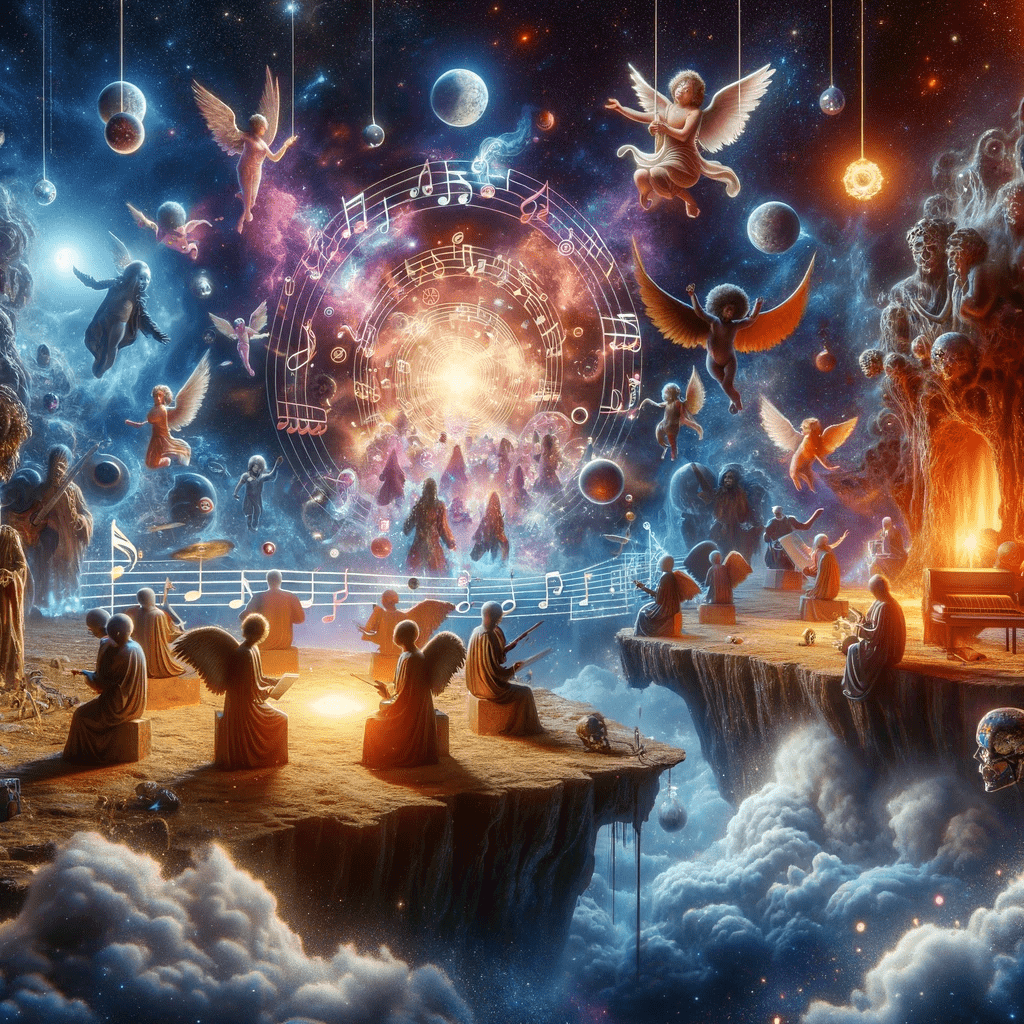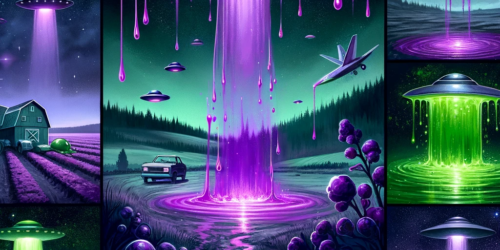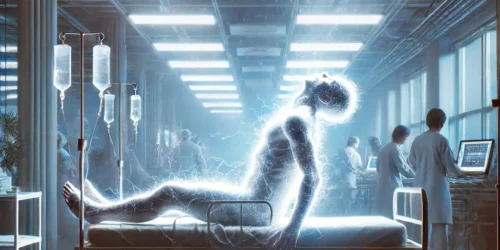Let’s Go Crazy By Prince Mandela Effect

The ability of words to shape our reality is both profound and subtle. Take, for instance, a minor adjustment in the lyrics of the iconic song “Let’s Go Crazy” by Prince. A shift from “celebrate this thing called life” to “get through this thing called life” poses an intriguing question: Why was it changed?
As we explore the possibility of celestial intervention—be it Angelic or Demonic—we’re confronted with an interplay of forces that could be manipulating our perception, testing our virtues, or even shaping the very fabric of our reality. Inspired by the complex worlds of alternate histories and parallel universes that Philip K. Dick pondered in the 1960s, we look into the profound implications such changes could have, not just on our collective consciousness, but on the broader cosmic balance between good and evil. This is not merely a debate over semantics; it’s a contemplation of existential dynamics, human agency, and the unseen forces that might just be pulling the strings.
The power of words is significant, and even a minor shift in a song’s lyrics could lead to a change in collective human outlook. Changing the phrase in Let’s Go Crazy By Prince from “celebrate this thing called life” to “get through this thing called life” could be a subtle observational strategy to gauge how humanity responds to a less uplifting perspective on life.
Could there be a potential involvement of celestial beings like Angels and Demons, that altered lyrics in the song “Let’s Go Crazy” by Prince that could serve multiple purposes or intents. For instance, Angels might be using this alteration as a test of human virtues such as resilience, optimism, or faith. Additionally, this could be an exercise in influencing human free will without overtly controlling it.
Similarly, the alteration might represent a cosmic balancing act between forces of good and evil. If Angels aim to make life appear more celebratory, Demons could counteract by making it seem like a series of challenges to navigate, thus maintaining some form of equilibrium in human perception and experience. This balance between positive and negative forces is a recurring theme in various spiritual beliefs. Moreover, the modified lyrics could carry hidden messages or deeper lessons that require thoughtful contemplation and inner understanding. They could be nudging humanity towards spiritual growth or personal enlightenment.
On the darker side, Demons might be manipulating the lyrics to instill a sense of despair or hopelessness in people, perhaps as part of a more nefarious objective. Conversely, Angels could be issuing a warning or preparing humanity for upcoming challenges, subtly advising us to toughen up and find ways to “get through” life’s inevitable hardships. Finally, we must also entertain the possibility of unintended consequences arising from these reality shifts. If celestial beings possess the power to alter the fabric of reality, there may be repercussions or side effects that are beyond even their comprehension or control.
I’m not certain that labeling this phenomenon as the Mandela Effect is entirely accurate. Philip K. Dick’s seminal novel “The Man in the High Castle,” first published in 1962, is renowned for its intricate examination of alternate histories and parallel universes. Furthermore, Dick elaborated on these groundbreaking concepts during lectures in the 1960s.
The seemingly simple alteration of song lyrics, if attributed to the Mandela Effect and celestial involvement, could have complex and multi-layered implications for human experience and spiritual understanding. The alterations in the lyrics of Prince’s “Let’s Go Crazy” that many recall differently point to the playful interference of an unseen trickster force, stirring our consensus reality.



